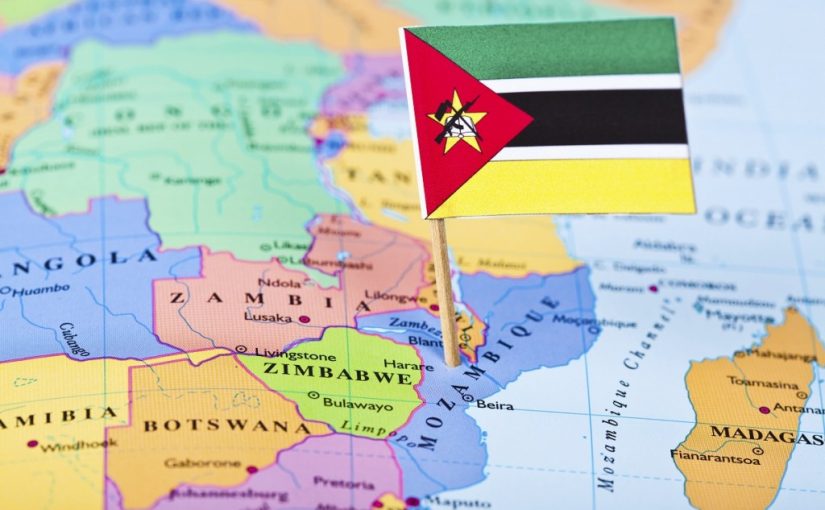Mozambique: Government guarantees salary continuity for former officials and deputies starting in 2025
Mozambique: Debt talks ‘to be slow’; neither side keen to give ground – analysts

Talks between Mozambique’s government and holders of its public debt on moves to restructure it are set to be slow, with neither side having the incentive to make major concessions, according to consultancy BMI Research.
“The start of the negotiations, which comes more than a year after the government officially entered default on 727 million [dollars] of the Eurobonds, is a step in the right direction, but we believe that the talks should advance slowly, with neither party having a significant impetus to give ground,” BMI’s analysts said in comments to Lusa on the latest developments.
The negotiations began in London on Tuesday.
According to BMI, Mozambique’s defaulting on the debt “should not greatly undermine the positive medium-term growth outlook” for the country. It cites the decision by Italy’s ENI to press ahead with an “enormous 7-billion-dollar project in mid-2017”.
The fact that one of the world’s leading oil companies is going ahead with this huge project even after the country announced that it was unable to pay off all its debt as foreseen, and after international credit agencies slashed its rating to ‘Default’ suggests that “the government will be slow to present an offer that creditors might consider acceptable.”
However, the same is true of creditors, BMI argues: “with natural gas production supplying a substantial increase in tax receipts and in the government’s capacity to meet its obligations, we believe that creditors should hope for a better agreement.”
Investors, the analysts conclude, “still find value in Mozambique’s debt”; the biggest problem relates to other aspects of the economy, with signs of a ‘crowding out’ of private borrowing as commercial banks are being pushed ever more into taking up public debt instead of lending money to the private sector.
Mozambique’s government on Tuesday proposed to creditors and investors in public debt a haircut of 50% on missed interest payments and whatever penalties that might exist – that is, $318 million of the $636 million in debt that should have been paid.
It also wants lower interest rates and longer maturities for the debt, which was originally to be paid off in 2020 but whose maturity was extended to 2023 two years ago.
Meanwhile, civil society organisations have accused the government of a lack of transparency, having demanded that it provide citizens and parliament with information on the true situation– information that was not forthcoming before the London meeting.













Leave a Reply
Be the First to Comment!
You must be logged in to post a comment.
You must be logged in to post a comment.